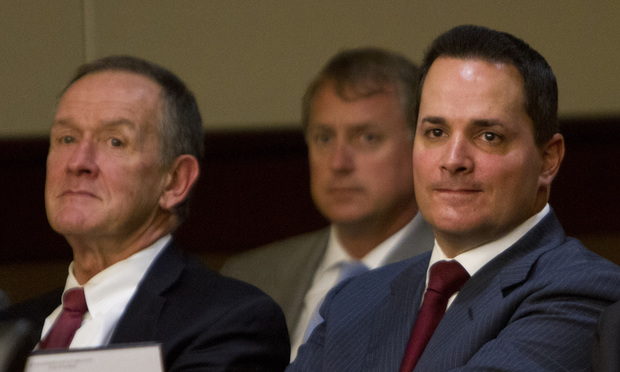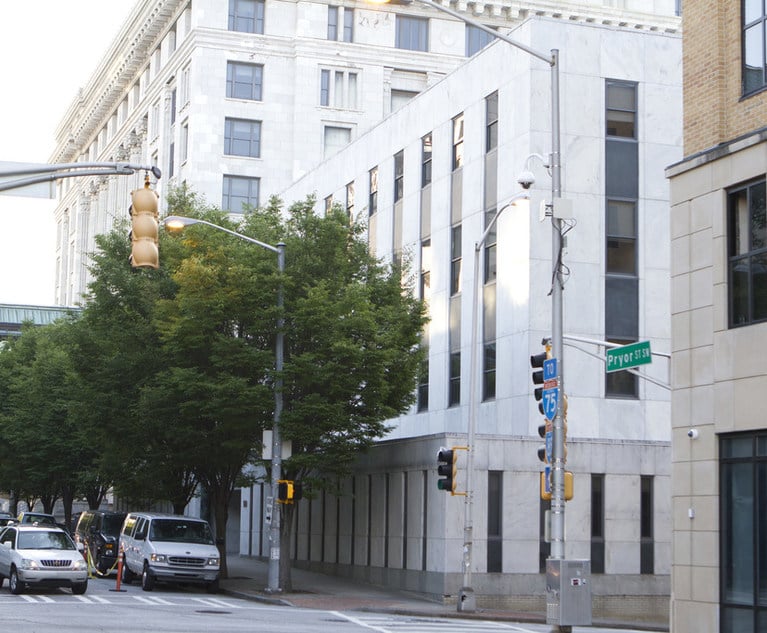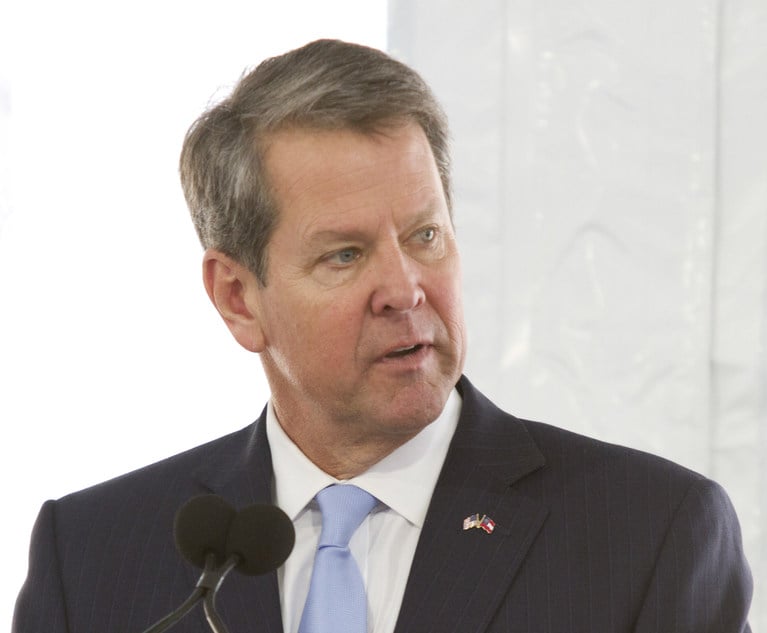The Supreme Court of Georgia reinstated three of four criminal charges Thursday against two metro Atlanta lawyers and their client stemming from a secret recording of her sexual encounter with the chairman of the Waffle House restaurant chain.
In a unanimous ruling with three separate concurrence by five justices, the high court reversed a Fulton County judge’s dismissal of felony charges lodged against attorneys David Cohen and John Butters and their client, Mye Brindle.

 John Butters (left) and David Cohen. Photo by John Disney.
John Butters (left) and David Cohen. Photo by John Disney.








